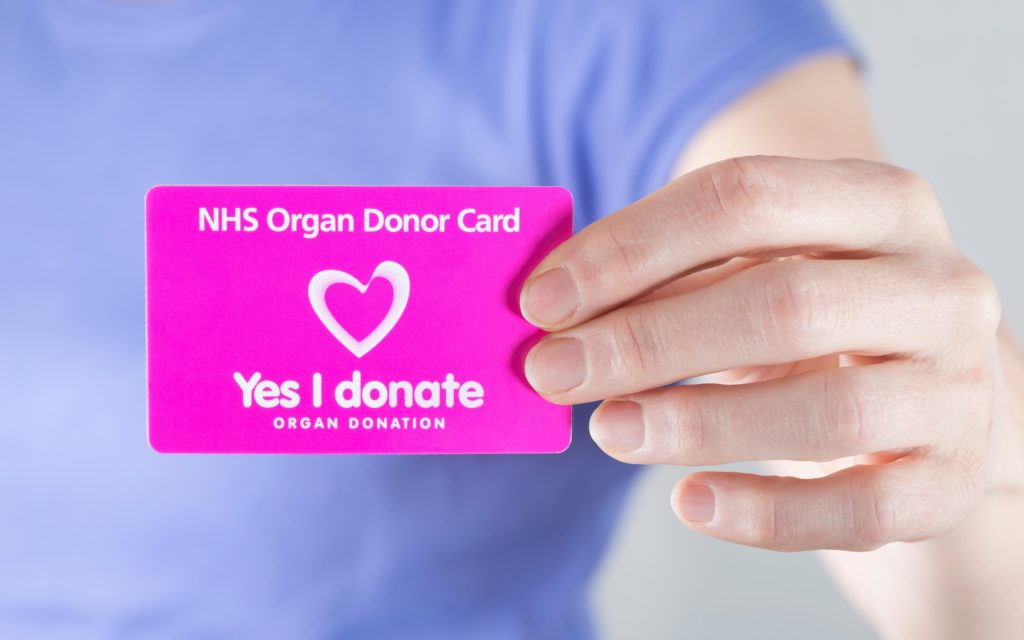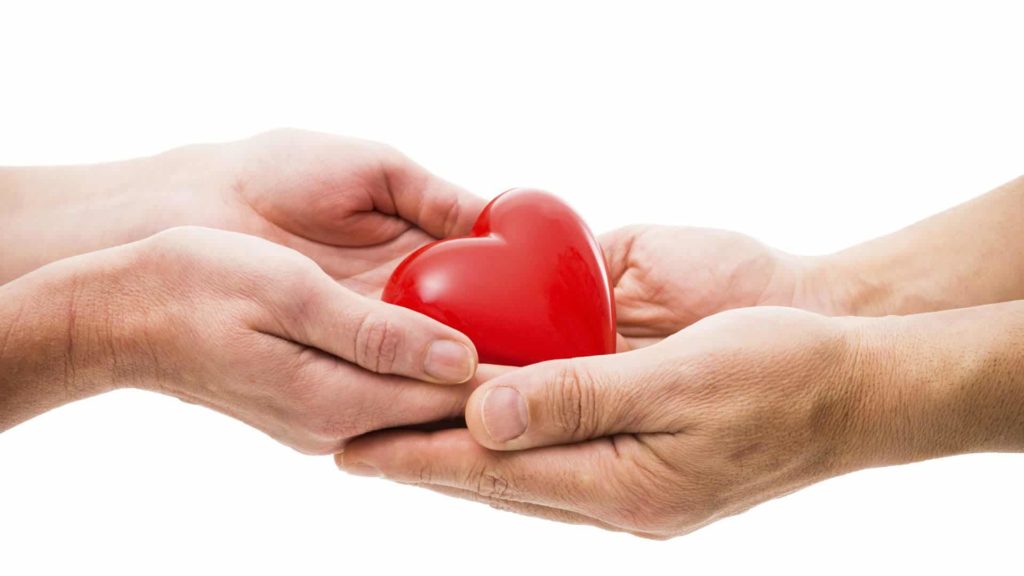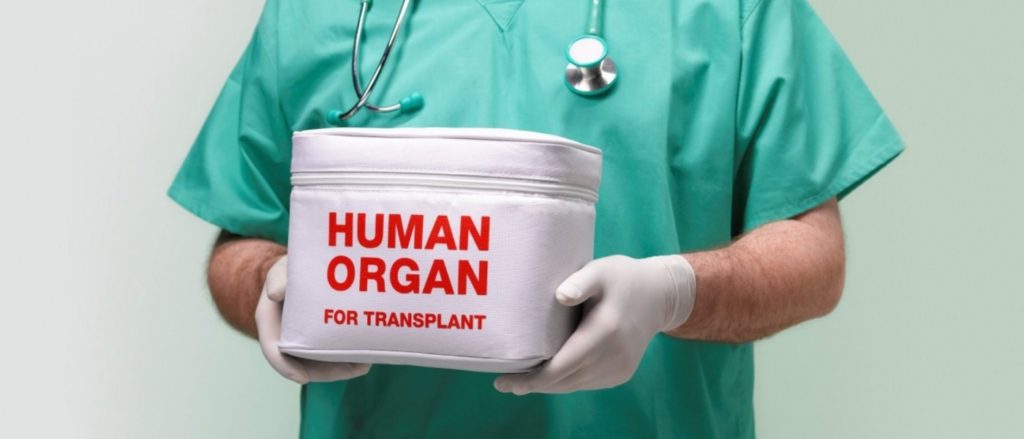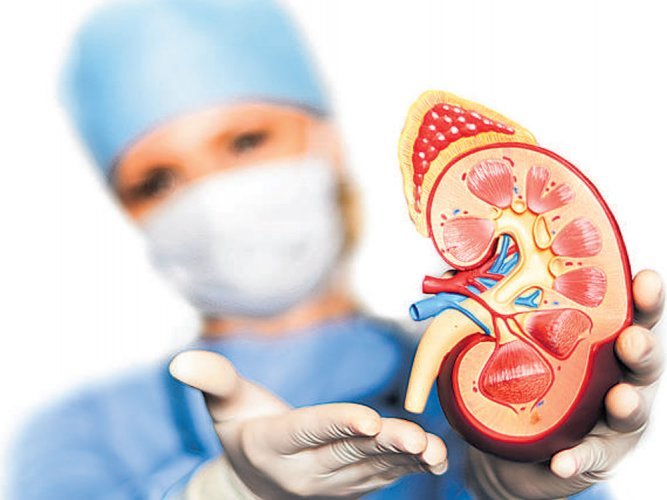Organ transplantation is the practice of surgically removing an organ or tissue from one person (the organ donor) and placing it into a different person (the recipient). Transplantation operations are vitally essential because the recipient’s organ has failed or has been damaged by disease or injury.
Organ transplantation is one of the greatest advances in medicine. The need for organ donors is much greater than the number of people who actually contribute globally.
Organ Transplantation in United Kingdom
- More organ transplant over UK than ever before in 2015/16
- Donation consent rate climbed to 62% but still too low
- People from Black and Asian backgrounds are “Not as Likely” to have decided to donate but are required more than ever
- 26% of the present waiting list are people from Black or Asian communities and need donors from their community
- Family refusal is largest obstacle to donation claims NHS Blood and Transplant Department

More people than ever before across the UK given their organs after their deaths this past year, according to the Organ Donation and Transplantation Activity Report 2015/16.
1,364 people became organ donors when they died and their donations led to 3,519 transplants taking place.
The UK still has one of the lowest rates of consent (authorisation in Scotland) in Europe. The firm responsible for organ donation in the UK, NHS Blood and Transplant, urges more families are ready to donate their relative’s organs if asked to do so families to talk about organ donation.
The UK Strategy ‘Taking Organ Transplantation to 2020’ establish a target to boost consent rates by 2020, to match the best countries in the world. Yet since 2013 it has increased by 5% to 62%, meaning year nearly 4 out of ten families that were approached, didn’t consent to contribution taking place.
While overall approval rates have risen slightly, a supplemental report also published now by NHS Blood and Transplant shows there remains a significant gap between the ratio of white households agreeing to donate and those from Asian, Black or other minority cultural communities.
Organ Donation and Transplantation Data for Black, Asian and Minority Ethnic (BAME) Communities shows that in 2015/16, the consent rate for potential donors from Black, Asian and Minority Ethnic communities was nearly half that of white patients — 34% compared to 66%. Just 5% (67) of deceased organ donors were from Black and Asian backgrounds.
As individuals from Black and Asian communities have a greater prevalence of conditions like diabetes and certain forms of hepatitis, this is a particular concern. Black, Asian and Minority Ethnic patients constitute a third of the kidney transplant waiting list. Although some can receive a transplant from a white donor, for many the game will come out of a donor from the exact ethnic background. Asian, black and Minority Ethnic donors are needed to enhance the odds of these patients obtaining the kidney transplant that they need.
Organ donation is a rather rare event in the United Kingdom, because although more than half a million people die each year, only around 1% do so. This means that when a family says somebody may miss out on their opportunity to get a transplant.
Last year 466 patients died when waiting an organ and a 881 were removed from the transplant waiting list. A bigger number would have died shortly after.
NHS Blood and Transplant estimates each year, that if 80 % of families stated yes, 1000 more transplant could take place.
Families are more likely to agree to donation if a patient’s decision is known to them. Nearly 9 out of ten households in 2015/16 agreed to contribution once the patient’s decision was understood, when the patient’s decision wasn’t known in the time of the potential donation, however fewer than 5 out of ten agreed.

Tissues and organs that may be transplanted include:
- Liver
- Kidney
- Pancreas
- Heart
- Lung
- Intestine
- Cornea
- Middle ear
- Skin
- Bone
- Bone marrow
- Heart valves
- Connective tissue
- Vascularized composite allografts (transplant of several structures which may include bone, skin, musclesand blood vesselsand nerves, and connective tissue)
Who can be an organ donor?
Everyone in every age should think about organ donation when healthy. When someone dies, he or she is evaluated for compatibility as a donor based on age and their medical history.
How can I become an organ donor?
Should complete the following steps:
- You may join a donor registry. There is A registry more than an expression of interest in becoming a donor. It is a means to give permission for the anatomical gift of tissue organs, and eyes. Each time you go to your regional Bureau of Motor Vehicles (BMV), you’ll be asked,”would you wish to make a real gift?” All you have to do is say”Yes.” You can even join the registry anytime by filling out a”Document of Donation” form in the BMV. For more information, visit www.organdonation.nhs.uk
- Sign and carry an organ donor card.
- Let your family members and nearest and dearest understand your desire for a donor.
- You might also want to inform your household healthcare provider, attorney, and spiritual leader which you’d like to become a donor.
- By becoming an organ donor, does this mean I wouldn’t be qualified to get the very best medical care possible?
- Not at all, your choice to donate doesn’t affect the quality of the medical care you’ll receive.
Are there any costs to the organ donor’s family for donation?
There’s not any cost to the donor’s family or estate for the donation of tissue organs, or eyes. Funeral costs remain the family’s responsibility.
Will organ donation disfigure the body?
The recovery of tissue, organs, and eyes is a surgical procedure done by medical professionals. Generally, the family may have a proper funeral ceremony

If I want an organ or tissue transplant, what exactly do I need to do?
Should you need a transplant, you need to have on the waiting list. You need to contact with a transplant clinic, to get on the list. To discover a transplant clinic please contact us and we’ll offer the best clinics for you.
If you are a transplant candidate, you will be examined by the transplant hospital’s doctors. In addition to general criteria each transplant hospital has its own criteria for accepting applicants.
If the transplant team of the hospital decides that you’re a transplant candidate, they will add you to the waiting list. You can get on the waiting list at more than one transplant clinic. However, be sure to check the guidelines of each transplant hospital .
Next, you wait. There is no way. Your title will be added to the pool of names. All the patients in the pool have been assessed to ascertain compatibility, Once an organ becomes available.
What company actually manages the supply of organs? What is the process to receive tissue or an organ?
When an organ becomes available, data is sent by the local organ procurement organization . This organization then creates a list of recipients, based on such factors as:
- Blood type
- Tissue type
- Organ size
- Medical urgency of the patient’s illness
- Time spent on the waiting list
- Geographical distance between the donor and the recipient
- The organ is offered first to the transplant centre. The transplant team decides if it is going to take or refuse the organ based on other factors and established standards, including patient and staff accessibility and penis transport.
If the transplant centre refuses the organ, the transplant centre of the individual on the list is contacted until the organ is put and the process proceeds. Organs are dispersed locally ; if no match is found, they are offered regionally and then nationally.
What’s involved with getting a living organ donor?
A living contribution, like the donation of a section of a healthy liver from a living human being to another or a healthy kidney, is organized though the individual transplant centers according to criteria they have set up. An Independent Donor Advocate will represent the interests and well-being of the possible living donor.

